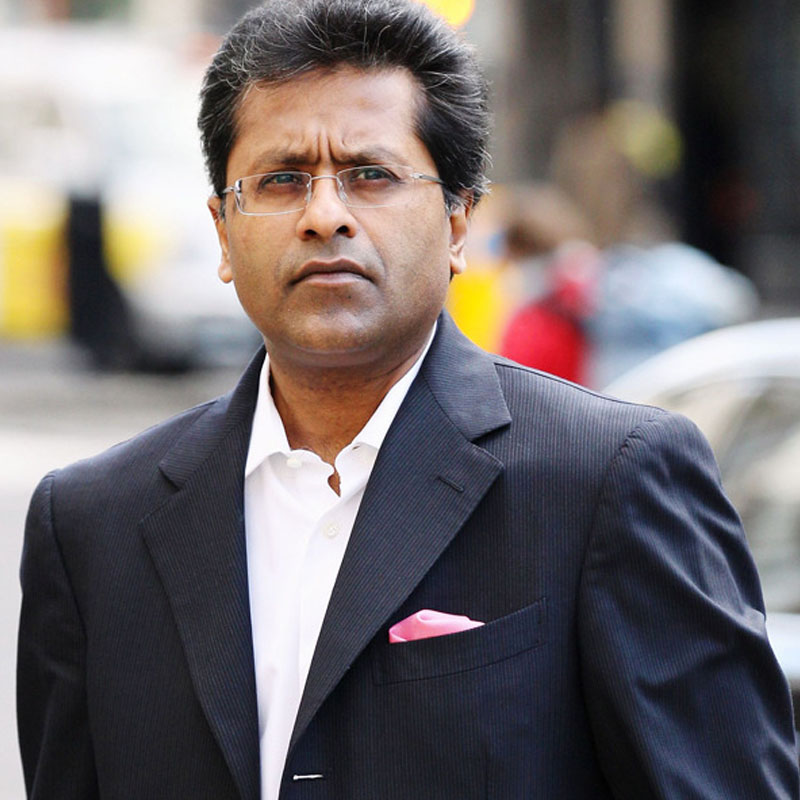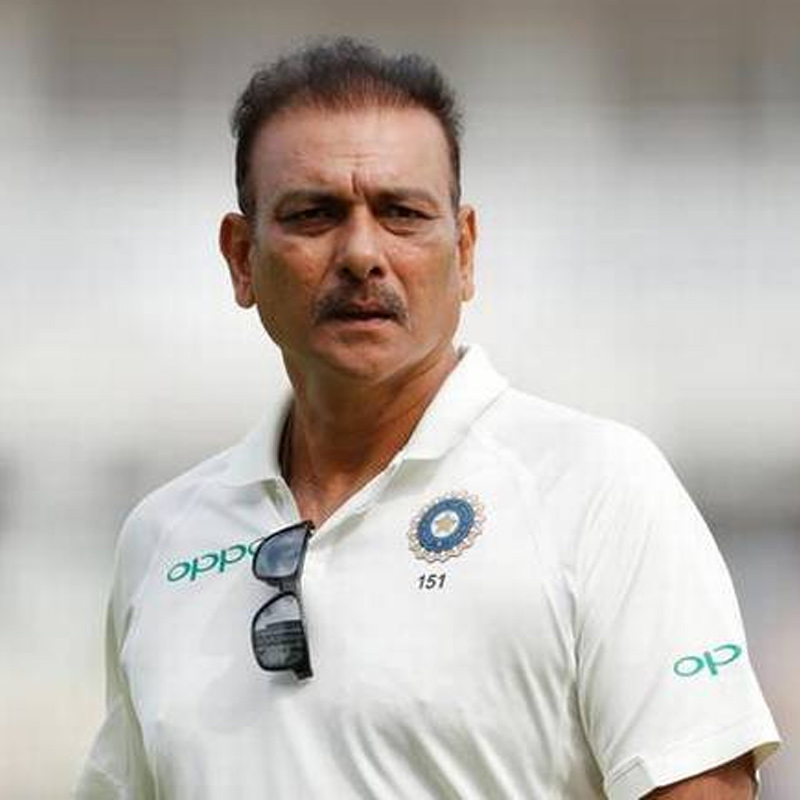MEN-FTV dispute lands in Supreme Court
NEW DELHI: Lalit Modi and his outfit Modi Entertainment Network (MEN) have not had the best of journeys in recent times. MEN has had a string of losses including ESPN and Walt Disney.
The decade-long ding-dong relationship between international fashion channel FTV and its Indian licensee owned principally by MEN has once again surfaced in the Supreme Court, with the Indian licensee seeking to restrain the foreign channel from taking on any other business ventures in India till their dispute is resolved.
The matter in the apex court ? now listed for hearing on 20 January ? relates to a decision in March 2010 by Fashion Television BVI, the global broadcaster of FTV, to terminate its contract with the Indian partner Fashion Television India Pvt. Ltd following differences over sharing revenue and outstanding payments.
The Delhi High Court on 24 May last year restrained FTV from terminating the agreement. This injunction was later removed by an arbitral tribunal.
Austria-based FTV Programmgesellschaft mbH is the parent company of the FTV brand, owned by Michel Adam Lisowski.
FTV and its Indian partner had concluded a five-year agreement in August 2001which included broadcasting rights in India and franchising fBars, the channel?s branded night clubs. This could be automatically extended by another seven years if a joint venture company was not formed between the two parties.
Initially, FTV India was to pay its foreign partner a minimum guarantee of $720,000 per annum and the channel was encrypted for Indian viewers.
However in 2003, FTV Paris went free-to-air via satellite Asiasat 2, leading to a dispute between the two sides over revenue sharing and outstanding payments.
In June 2003, FTV had prepared a civil-criminal charge against Lalit Modi and the Modi Group in France and in India.
FTV had alleged that the Modi Group had been entering into agreements selling the Fashion Bars concept to third parties and collecting substantial advance payment. It said the Modis should have sought written permission to engage Fashion TV in long-term partnerships or franchising agreements.
The Delhi High Court in June 2003 had issued a show cause notice for contempt of court against Fashion TV Paris for not complying with its order of 19 May 2003 directing FTV to re-encrypt the signal of its channel, preventing it from being free-to-air. It also restrained Fashion TV Paris from entering into any third party agreements for distribution, advertising, merchandising and licensing rights.
The order made it clear that no Indian company or group of companies could get into any business arrangement with FTV directly for business purposes in India and the SAARC region without the written consent of the Modi Group, and FTV could not get into any business arrangement in India and the Saarc Region without a consent from the Modi Group. Any such business arrangement was to be in direct violation of the Delhi High Court Order.
But in May 2004, FTV said it had resolved all differences with MEN after a year‘s battle in the Delhi High Court, and an agreement was reached between Lalit Modi and the FTV boss Michel Adam. MEN continued to control FTV India.
FTV India with its India-specific beam agreed to step up its Indian content by developing new shows and vignettes and showcasing Indian fashion, lifestyle and music.
FTV ? which had been launched in 1997 as the world?s first television network entirely dedicated to fashion, beauty and style - had agreed to return to the pay mode once the reworked distribution arrangement set in by the end of 2004.
It is present in over 130 countries on 5 continents through 31 satellites and over 1000 cable systems. Broadcast by leading global media groups such as Eutelsat, BSkyB and Astra C, Fashion TV has a confirmed reach of over 130 million households.












